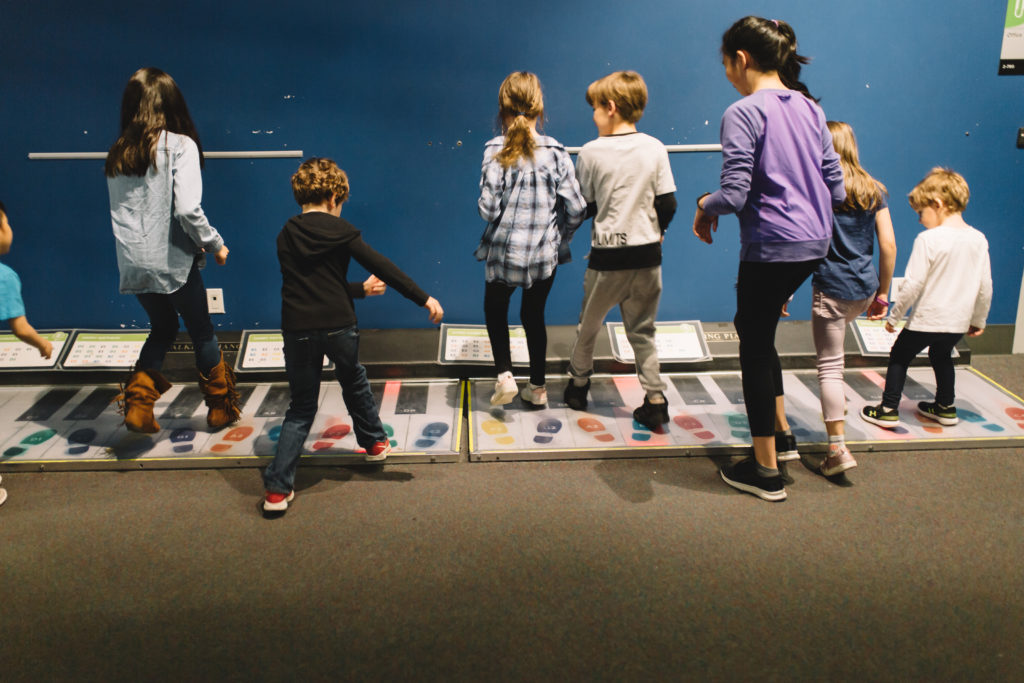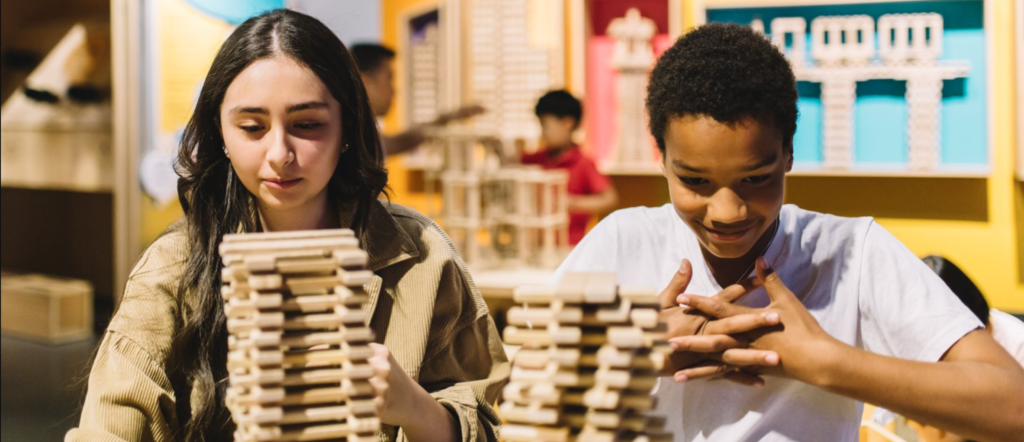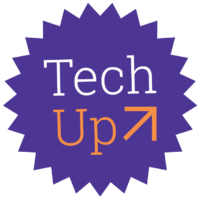
Through Tech-Up, Science World delivers province-wide programs for students and teachers that include coding, computational thinking and digital skills.
With an emphasis on "coding to learn", our Tech-Up facilitators provide students with the skills they need for STEM courses in higher education, and equip teachers to meaningfully incorporate coding and digital learning outcomes aligned with the provincial curriculum into their own classrooms.
What does Tech-Up offer?
Tech-Up offers a variety of student-focused programs, as well as professional development experiences for teachers. These include:
- Field trip workshops
- Professional development workshops
- Tech-Up Equipment Loaner Kits
- Activity resources
- Equipment getting started and troubleshooting guides
- Community kits and support
For Schools
Our reservable programs are designed by education specialists and reflect British Columbia’s transformed curriculum. Each program provides content enrichment for a "Big Idea" and opportunities to exercise and extend students’ core competencies.
Field Trip Workshops
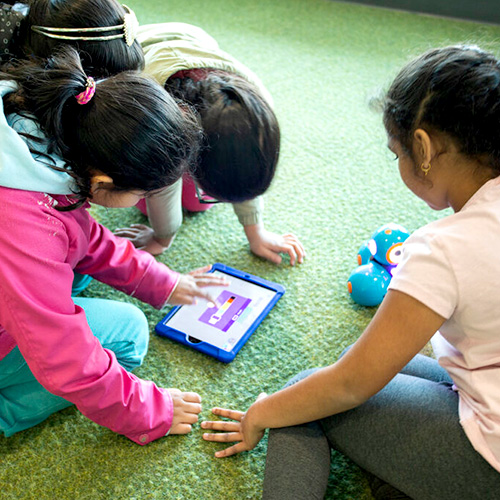
Mars Coding Quest
Grades: 2-3
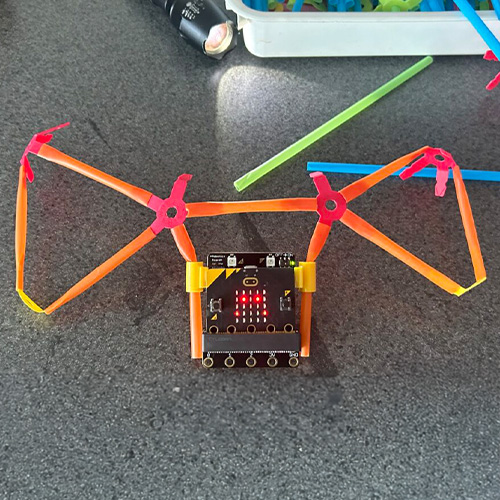
Designing From Nature
Grades: 4-6
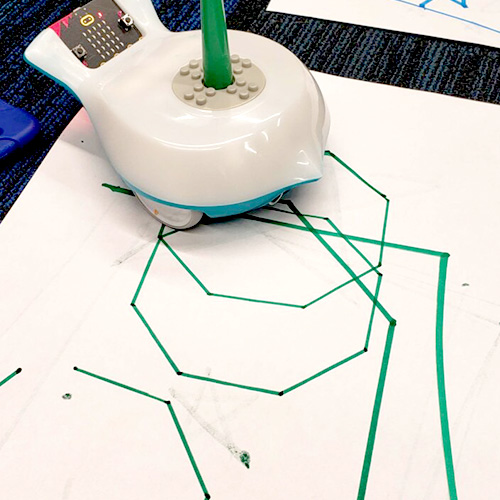
Modeling Math with Finch Robots
Grades: 6-9
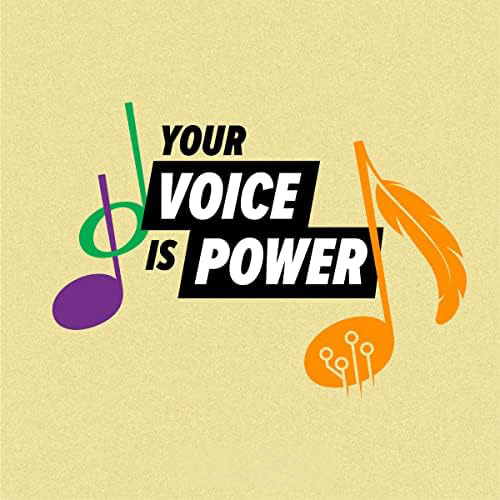
Your Voice Is Power
Grades: 6-9
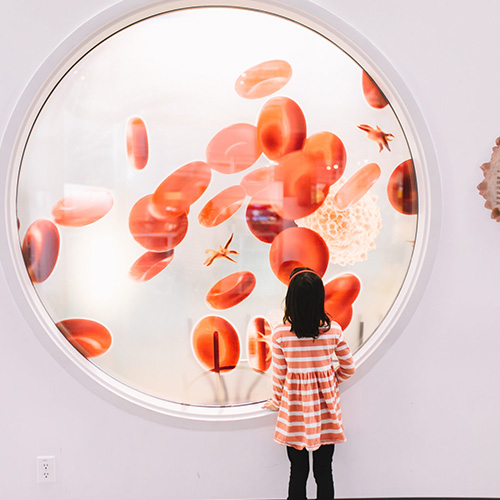
BodyWorks Chatbot
Grades: 5-7



